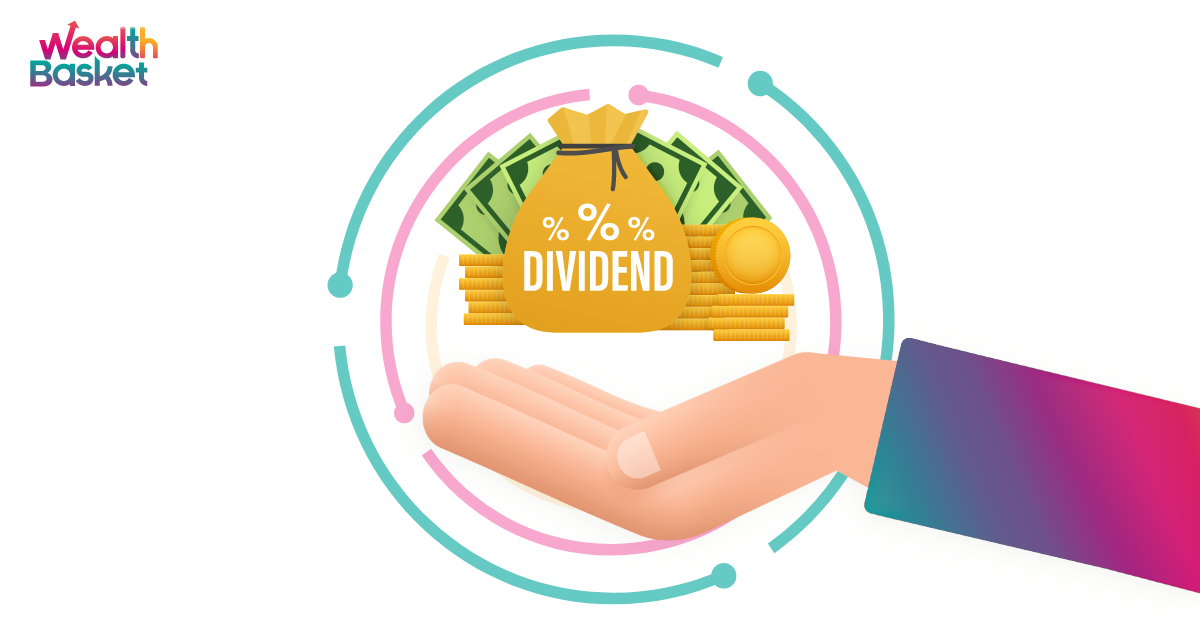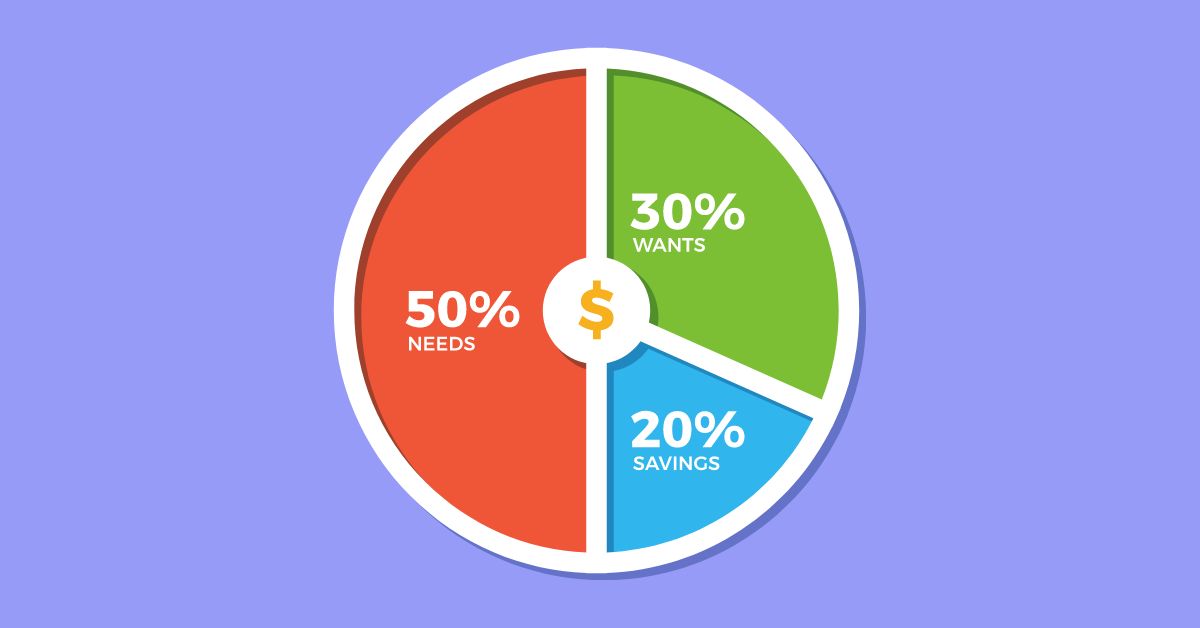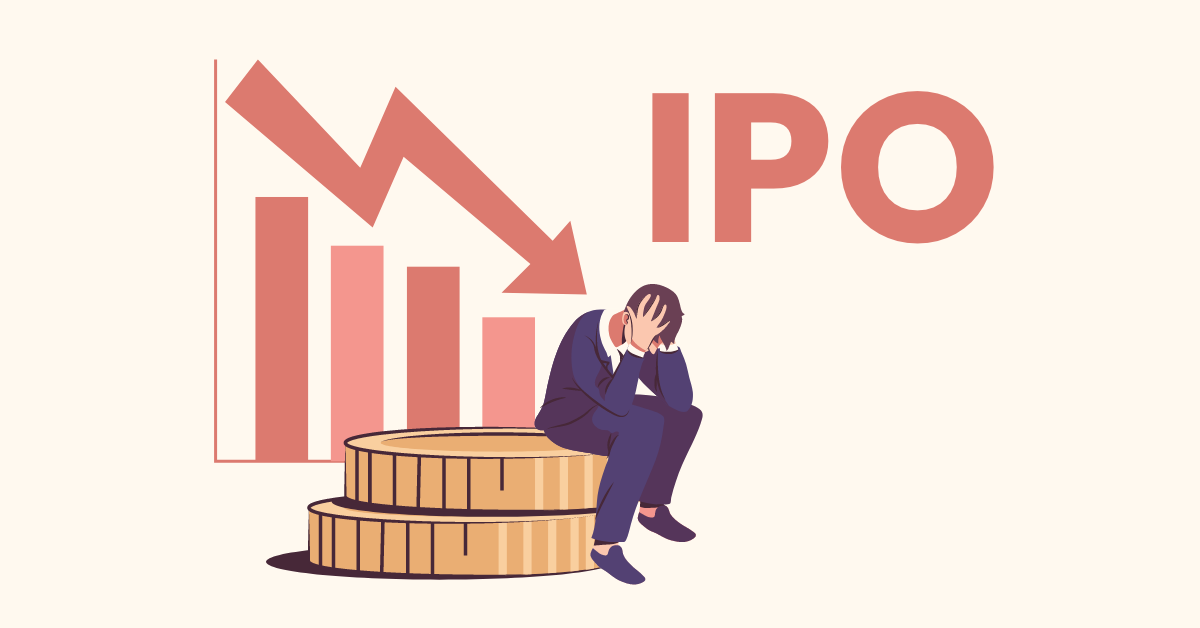
‘Dividend’ is a word that you might have often heard when it comes to the stock market. If not, we have got you covered. Dividends are part of the profit companies distribute to their shareholders, and for investors, it is an additional stream of stock returns. Dividends can be of various types, and explore this article to learn about them.
This article talks about why companies pay dividends, what an interim dividend is, what a final dividend is, and interim dividends vs final dividends.
Why Do Companies Pay Dividends?
Though it is not compulsory for companies to pay, many pay dividends to their shareholders as a reward to provide capital and attract them to hold shares or buy more.
Plus, dividend payouts may be a good way to attract new investors because even if the stock prices grow slowly, the shareholders have some return from investments in the form of dividends.
Companies may pay either or both – interim dividends and final dividends.
What Is Interim Dividend?
The interim dividend means the dividend a company declares and pays before the annual general meeting, before the end of the financial year and before issuing its annual financial statements.
A company may declare interim dividends due to multiple reasons. One of the reasons can be its policy to declare dividends more than once a year. Another reason can be that the company might have recorded extraordinary profits or may be expecting to mark better annual earnings.
Usually, the companies announce interim dividends shortly after publishing quarterly financial results. Though an interim dividend is declared by the board of directors, whether to approve it or not is in the hands of shareholders.
The interim dividend is calculated based on the company’s earnings and paid per-share basis. Other than in monetary form, companies sometimes may choose to pay interim dividends in the form of stocks, known as stock dividends (Paid proportional to the number of shares shareholders hold).
Interim dividends are usually paid out of retained earnings (the previous year’s earnings remaining after paying out dividends and expenses) which consist of the previous year’s profit, as the current year’s total earnings are yet to be realised. Interim dividends are usually lower than final dividends.
What Is The Final Dividend?
The final dividend means the dividend a company pays after its annual general meeting, after the end of the relevant financial year and after issuing its annual financial statements. Final dividends are typically announced and paid after a company’s total earnings of the year are known.
Recommended by the company’s board of directors, the final dividend is declared by members in the annual general meeting, where shareholders vote on the decision. The companies pay final dividends from current earnings after accounting for capital expenditures and working capital.
The final dividend is calculated based on the company’s net earnings and paid per-share basis. It can also be in the form of stock dividends when the company has marked good profits yet has a cash crunch.
“Invest in dividend based WealthBaskets like Dividend Titans, Dividend Titans (Midcap) & XC Quant: Dividends and reap the benefits of regular income“
Top 6 Differences Between Interim Dividend And Final Dividend
Knowing the difference between interim and final dividends can help you plan your investments more effectively, particularly if you rely on dividends for a portion of your regular income.
Let’s dive deeper and take a closer look at the fundamental differences between interim and final dividends, how they are declared when they are paid, and what these differences mean for you as an investor.
Here are the differences between Interim Dividend and Final Dividend
| Point of difference | Interim dividend | Final dividend |
| Time of declaration | Before annual financial statements are prepared | After annual financial statements are prepared |
| Actual payment | Paid in less than 30 days from the announcement date | Paid in less than 30 days from the annual general meeting |
| Possibility of revocation | It can be revoked with the shareholder’s approval. | Revoking is not possible. |
| Dividend rate | Usually lower than the final dividend. | Usually higher than the interim dividend. |
| Article of association | Its declaration requires authorisation in articles of association. | Its declaration does not require authorisation in articles of association. |
| Source | It is paid out of the company’s retained earnings. | It is paid from the company’s current net earnings. |
Final Thoughts
Dividends are additional ways to earn a return from investments. A company may pay dividends between a financial year, known as interim dividends. Another type of dividends, i.e., final dividends, are paid after the company’s financial statements are issued.
Interim dividends and final dividends differ in terms of the time of declaration, the provision in the article of association, source, dividend rate, etc.
By enabling you to invest in WealthBaskets, WealthDesk makes your investment journey rewarding and hassle-free. WealthBaskets are stocks and ETFs combinations that reflect an investment idea, theme, or strategy and are built and closely monitored by SEBI-registered professionals.
FAQs
From a shareholder’s point of view, the final dividend may be better as it is usually greater than the interim dividend. Additionally, the company cannot revoke the decision to pay it once shareholders approve it.
All the shareholders who hold at least one share of the concerned company as on the record date (a date announced by the company on which the investor must possess the shares to participate in corporate actions) are eligible to receive the interim dividend.
The interim dividend is taxable in the hands of shareholders in the year when it is received at the applicable tax rates.
All the shareholders, who hold at least one share of the concerned company on the record date, get the final dividend.


















